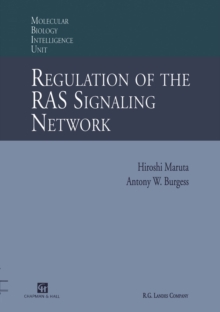
The Moon in the Post-Apollo Era PDF
by Zdenek Kopal
Part of the Geophysics and Astrophysics Monographs series
Description
The aim of the present book will be to summarize the results of the space exploration of the Moon in the past fifteen years -culminating in the manned Apollo missions of 1969-1972 -on the background of our previous acquaintance with our satellite made in the past by astronomical observations at a distance.
Astronomy is one of the oldest branches of science conceived by the inquisitive human mind; though until quite recently it had been debarred from the status of a genuine experimental science by the remoteness of the objects of its study.
With the sole exception of meteoritic matter which occasionally finds its way into our labora- tories, all celestial bodies could be investigated only at a distance: namely, from the effects of attraction exerted by their mass, or from the ciphered messages of their light carried by nimble-footed photons across the intervening gaps of space.
A dramatic emergence oflong-range spacecraft -capable of carrying men with their instruments not only outside the confines of our atmosphere, but to the actual surface of our nearest celestial neighbour - has since 1957 thoroughly changed this time- honoured picture.
In particular (as we shall detail in Chapter 1 of this book) space astronomy ofthe Moon is barely 15 years old.
But relative infant as it is by age, it has already provided us with such a tremendous amount of new and previously inacces- sible scientific data as to virtually revolutionalize our subject.
Information
-
Download - Immediately Available
- Format:PDF
- Publisher:Springer Netherlands
- Publication Date:06/12/2012
- Category:
- ISBN:9789401021012
Other Formats
- Paperback / softback from £44.99
Information
-
Download - Immediately Available
- Format:PDF
- Publisher:Springer Netherlands
- Publication Date:06/12/2012
- Category:
- ISBN:9789401021012










